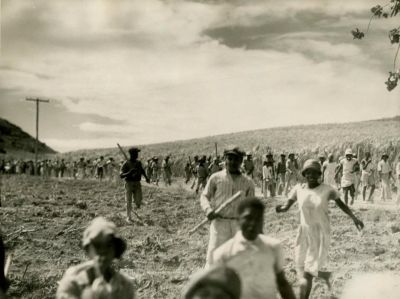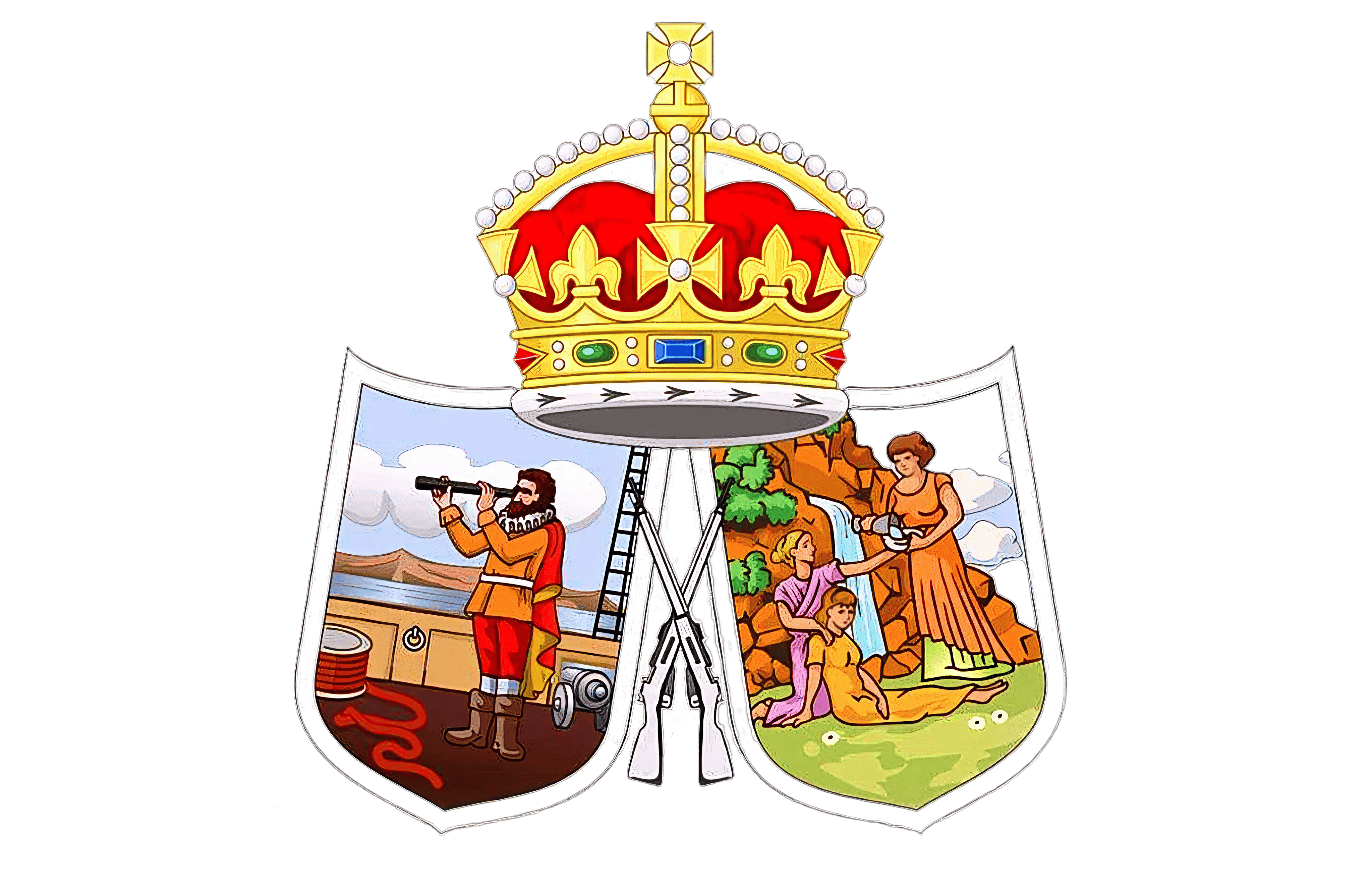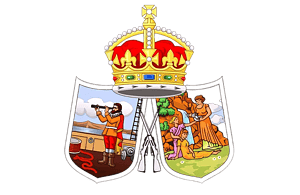St Kitts Nevis Defence Force
History

The Saint Christopher and Nevis Defence Force (SKNDF) origins are in the Portuguese Riots of 1896 when workers at Needmust Estate went on strike for higher wages. Rioters burnt sugar canes fields on estates, looted and burnt stores in Basseterre. The Police Force proved ineffective in restoring peace and the British Marines were called in to quell the disturbance. The Defence Force was formed to assist the police in the event of any further crisis and as a result; The Volunteer Ordinance of 02 June 1896 established a Defence Force “for internal defence.”
In the 1935 Labour unrest the Defence Force was called up to quell disturbances and to restore law and order in Saint Kitts. The Trade Union Act of 1939 finally made it legal for workers to organize unions and the following year the Defence Force was again mobilized, but this time to protect strike-breakers. The Defence Force was mobilized during strikes in 1947 and 1948.
On 10 June 1967 dissident Anguillans supported by American mercenaries invaded Saint Kitts and linked up with locals in opposition to the Government of the day. The invasion was repulsed by the Defence Force, and this led to the establishment of a regular force on 31 May 1967, giving Saint Kitts and Nevis the distinction of being the first Commonwealth Caribbean Island in the Leeward Islands to institute a “regular coy” of full-time soldiers. The regular force was embodied as the then Government felt that the existing Defence Force comprising of volunteers was inadequately trained and poorly armed. This newly formed force remained standing until September 1981, when it was disbanded by the Government.
The present force was re-established in 1997 by the Defence Force Act No 10 of 1997 with the expressed purpose of assisting the police in combating the illegal narcotic trade, crime fighting and maintaining the territorial integrity of the Federation of Saint Christopher and Nevis. The force also has a regional role through the Regional Security System (RSS). This role goes beyond security duties to encompass humanitarian assistance and disaster relief duties.
In the 1935 Labour unrest the Defence Force was called up to quell disturbances and to restore law and order in Saint Kitts. The Trade Union Act of 1939 finally made it legal for workers to organize unions and the following year the Defence Force was again mobilized, but this time to protect strike-breakers. The Defence Force was mobilized during strikes in 1947 and 1948.
On 10 June 1967 dissident Anguillans supported by American mercenaries invaded Saint Kitts and linked up with locals in opposition to the Government of the day. The invasion was repulsed by the Defence Force, and this led to the establishment of a regular force on 31 May 1967, giving Saint Kitts and Nevis the distinction of being the first Commonwealth Caribbean Island in the Leeward Islands to institute a “regular coy” of full-time soldiers. The regular force was embodied as the then Government felt that the existing Defence Force comprising of volunteers was inadequately trained and poorly armed. This newly formed force remained standing until September 1981, when it was disbanded by the Government.
The present force was re-established in 1997 by the Defence Force Act No 10 of 1997 with the expressed purpose of assisting the police in combating the illegal narcotic trade, crime fighting and maintaining the territorial integrity of the Federation of Saint Christopher and Nevis. The force also has a regional role through the Regional Security System (RSS). This role goes beyond security duties to encompass humanitarian assistance and disaster relief duties.

